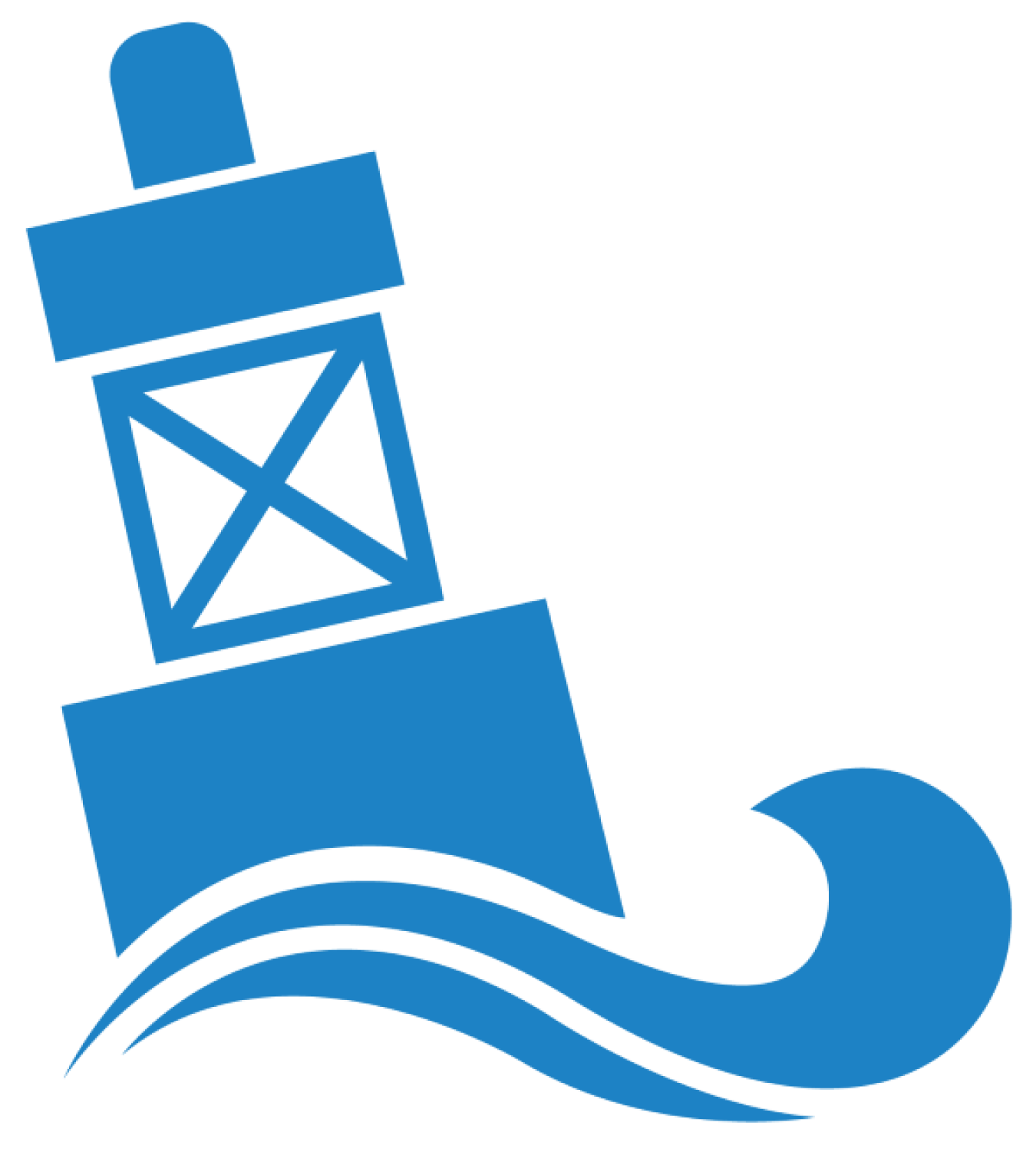The Energy Transitions Initiative Partnership Project launched a novel approach to support and work alongside 11 remote, island, and islanded communities to help develop strategies to shift to a clean, equitable, sustainable, and resilient energy future.
Hydropower and Hydrokinetic Office
March 9, 2022Marine Energy Program
Powering the Blue Economy Initiative
Project Name: Energy Transitions Initiative Partnership Project
Project Team: National Renewable Energy Laboratory (lead for program administration and technical assistance), Alaska Center for Energy and Power (lead for stakeholder engagement and capacity building), Lawrence Berkeley National Laboratory, Pacific Northwest National Laboratory, Sandia National Laboratories, Coastal Studies Institute, Hawaii Natural Energy Institute, Island Institute, and Renewable Energy Alaska Project
Participating Communities: Alaska Longline Fishermen’s Association in Sitka, Alaska; Dillingham, Alaska; Eastport, Maine; Honolulu, Hawaii; Islesboro, Maine; Kauai, Hawaii; Nags Head, North Carolina; Ocracoke Island, North Carolina; Ouzinkie, Alaska; Sitka, Alaska; and Wainwright, Alaska

In April 2021, the U.S. Department of Energy (DOE) announced 11 competitively selected communities in four states for the first Energy Transitions Initiative Partnership Project (ETIPP) cohort: Sitka, Dillingham, Ouzinkie, and Wainwright in Alaska, along with the Alaska Longline Fishermen’s Association; Ocracoke Island and Nags Head in North Carolina; Eastport and Islesboro in Maine; and Honolulu and Kauai in Hawaii. These projects focus on efforts to reduce reliance on fossil fuels, increase energy efficiency and resilience, and optimize renewable resources and battery technologies.
ETIPP—supported by the Water Power Technologies Office, Energy Transitions Initiative, Geothermal Technologies Office, Solar Energy Technologies Office, and Wind Energy Technologies Office—connects competitively selected remote, island, and islanded communities with regional stakeholder organizations and experts from national laboratories to help develop strategies to shift to a clean energy future that is equitable, sustainable, and resilient.
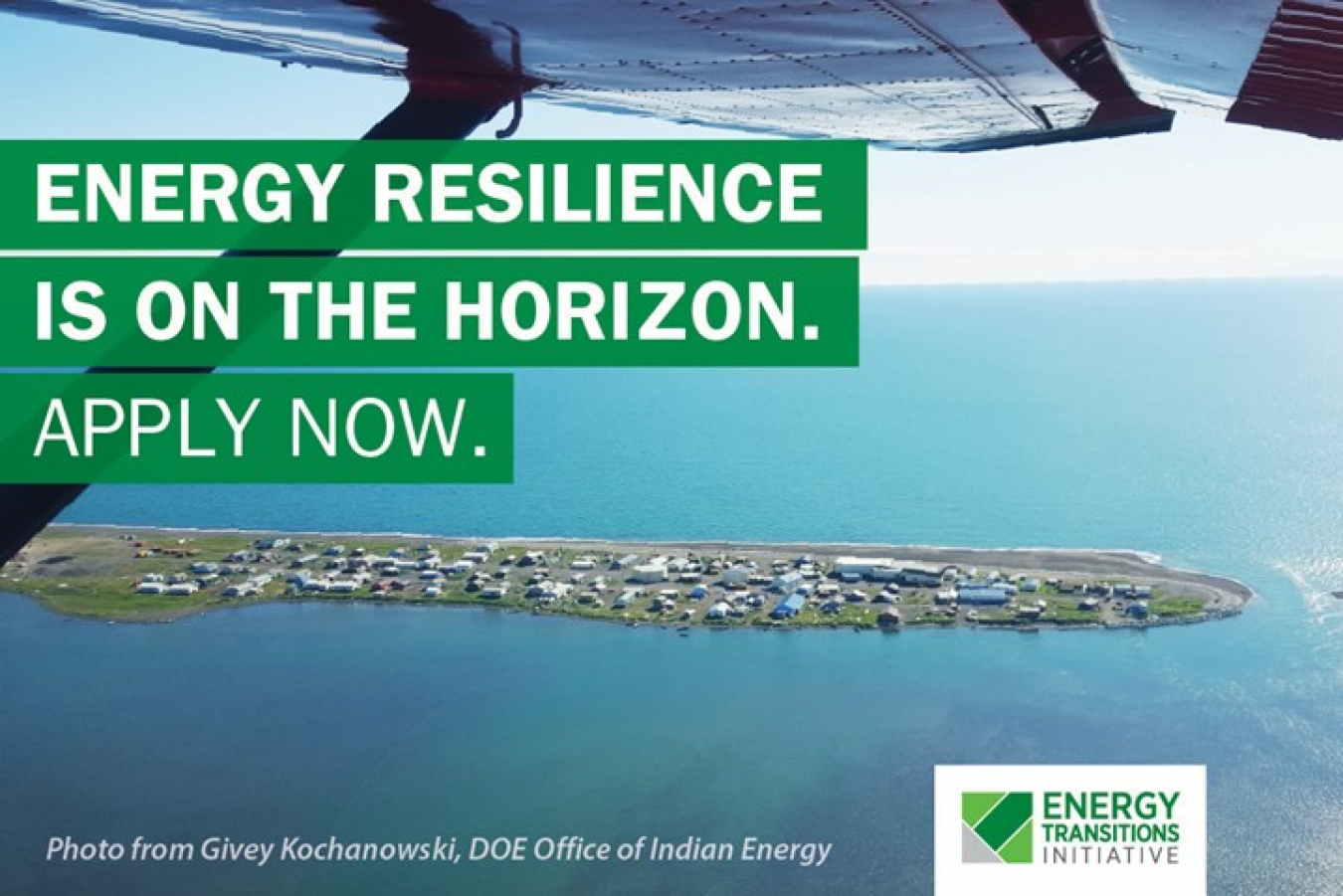
In many remote, island, and islanded communities, transitioning to clean energy can have insurmountable cost or logistical barriers. The Energy Transitions Initiative Partnership Project provides technical assistance to help these communities move toward a clean energy future. Photo courtesy of the U.S. Department of Energy
Energy is a particularly complex and costly challenge for remote, island, and islanded communities. Many of these communities face high risks of natural disasters and climate change impacts, on top of high energy costs and unreliable energy infrastructure that is vulnerable to outages or damage. ETIPP provides technical assistance to these communities to empower them to make informed decisions regarding their energy choices and build greater community resilience.
Through a community-centric, stakeholder-driven approach, regional partner organizations and national labs will help these communities reach their clean energy goals. ETIPP is an ongoing program and DOE will offer more opportunities in the future for new communities interested in working with the Department to advance their energy transitions.
Powering the Blue Economy Initiative Projects
-
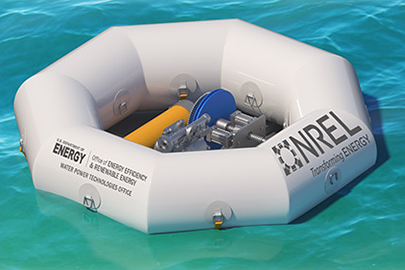 Competitors presented, tested, and evaluated small, modular, cost-competitive desalination systems powered by ocean waves through two rounds of the Waves to Water prize and five concepts earned a chance to compete in the final test in the open water.
Competitors presented, tested, and evaluated small, modular, cost-competitive desalination systems powered by ocean waves through two rounds of the Waves to Water prize and five concepts earned a chance to compete in the final test in the open water. -
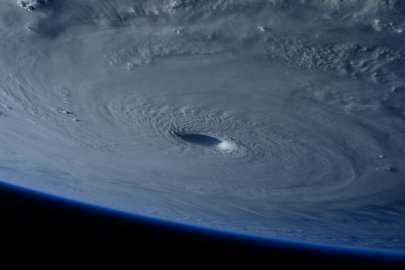 Seven Ocean Observing Prize competitors were selected for their novel approaches to marine energy-powered systems that seek to enable better prediction of hurricane intensity, which marks the winners’ first step in a three-stage contest.
Seven Ocean Observing Prize competitors were selected for their novel approaches to marine energy-powered systems that seek to enable better prediction of hurricane intensity, which marks the winners’ first step in a three-stage contest. -
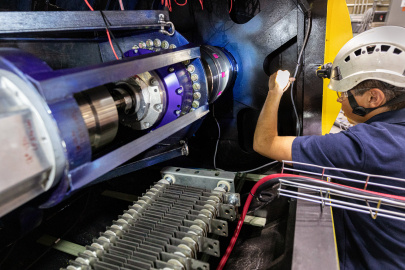 After customer discovery and analysis stemming from the Powering the Blue Economy report, a national lab team focuses on 10 key research areas that are fundamental challenges for marine energy to integrate into high-priority blue economy applications.
After customer discovery and analysis stemming from the Powering the Blue Economy report, a national lab team focuses on 10 key research areas that are fundamental challenges for marine energy to integrate into high-priority blue economy applications.
WPTO's Marine Energy e-newsletter shares news and updates on tools, analysis, and emerging technologies to advance marine energy.
The WPTO e-newsletter brings funding opportunities, events, publications, hydropower, and marine energy updates directly to your inbox.


